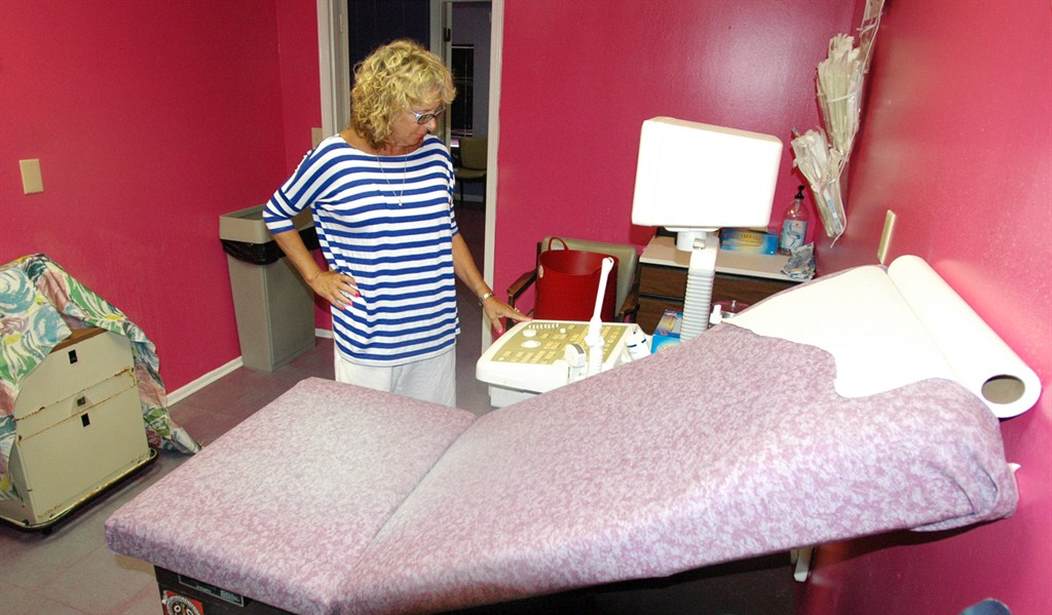On March 2, the U.S. Supreme Court will hear arguments in one of the most consequential abortion cases since Roe v Wade. Even Planned Parenthood Federation of America wrote to its supporters just days ago: “It’s no exaggeration to say this is the most important abortion access case to reach the Supreme Court in over 20 years.” And now, with the passing of Justice Antonin Scalia – one of the Supreme Court’s most conservative and pro-life jurists – the stakes have become even greater.
The case, Whole Woman’s Health v. Hellerstedt, addresses two particular aspects of a Texas law, HB 2, which requires, among other things, that abortion facilities have the same health standards as ambulatory surgical centers. The law also requires that physicians performing abortions have admitting privileges, the ability to admit a patient to a hospital within 30 miles in the event of any post-abortion complications.
The law came about largely as a response to the scene of horrors and atrocities exposed in the abortion facility of Kermit Gosnell, an abortion doctor whose terrible medical standards left women maimed and even killed. For 17 years his unimaginably squalid clinic went uninspected by state officials. The country responded in outrage, and laws like HB2 were brought up for consideration.
The abortion lobby immediately challenged the Texas law. Pro-abortion activists and multi-million dollar abortion groups like Planned Parenthood and NARAL fought against the common-sense protection to regulate abortion facility sanitary standards and ensure safety to, at the very least, the women having an abortion.
In June 2015, a three-judge panel – all women by the way – on the U.S. Court of Appeals for the 5th Circuit upheld the legality of HB2. The abortion industry responded by asking the Supreme Court to review the case, and the high court accepted it.
Now, the controversy surrounding the legislation is reaching a fever pitch as pro-abortion supporters claim that the bill’s requirements may force closure of abortion clinics in Texas because they fail to meet the law’s health and safety standards – which begs the question, if clinics had to be shut down due to poor sanitation, maybe they needed to be shut down?
Recommended
If a similar law promoting public health and safety – let’s say in a city like Flint, Michigan or with a restaurant like Chipotle – shut down due to harmful and unsafe practices and facilities, people would be applauding the law, not fighting it.
When it comes to abortion, however, the pro-abortion movement is so blinded by their devotion to near-unfettered abortion access that they put politics and profit ahead of women’s health. So much so that they oppose a law, like the one before the Supreme Court in March, with such basic, common-sense requirements as requiring abortion facilities to have hallways wide enough for first responders to actually maneuver a stretcher if something goes wrong and a woman needs emergency attention.
Every state has rigorous health and sanitation standards for nail salons, gyms, and restaurants. How much more then should abortion facilities – where the life of a mother and child are at stake – have rigorous health and safety requirements?
Abortion facilities should have the same health standards as similar surgical centers. The overall hospitalization rate following elective abortion – one in 300 patients – is similar to rates for other invasive outpatient procedures such as liposuction and gastrointestinal endoscopy, such as colonoscopy and upper endoscopy. This is why if you have a procedure done at an outpatient, ambulatory center for one of these procedures, chances are very good that your doctor will have admitting privileges in case something goes wrong.
Not so long ago, the “pro-choice” movement championed the motto of “safe, legal, and rare” abortions. Either that was a lie fashioned to assuage the worries of the American people, or the contemporary abortion movement has abandoned that viewpoint in favor of abortions ad infinitum with little oversight.
In this case, it seems to be the latter. For instance, the pro-abortion lobby claims that Texas HB 2 puts an “undue burden” on abortion facilities and doctors. Is it truly a burden to make sure a woman can get to the hospital, that an emergency responder can get to her, and that hand soap dispensers are in the bathroom?
The fact that over half of all abortion facilities in Texas fell short of the law’s basic requirements is only further evidence of the need for common-sense medical and safety standards.
I, for one, am glad that the Supreme Court is taking up this crucial issue. The public debate over Texas HB 2 has exposed the abortion industry’s blatant disregard for the health and livelihood of both the mother and the baby and has revealed its profit-driven thirst for near-unregulated access to abortion.
In the wake of the Gosnell trial and Planned Parenthood’s illegal selling of baby body parts, how could any reasonable person not support basic medical regulations and oversight when it comes to abortion? Abortionists shouldn’t be exempt from the medical requirements that other similarly situated medical facilities are required to follow.
While the pro-life movement patently opposes abortion, it will fight as hard as it can to protect life, even the life of a mother who is seeking an abortion. Our regard for life, and the protection of life, covers both mother and child.
Justice Scalia recognized this important truth. We can only hope that his colleagues will do the same to protect the health and wellbeing of women.

























Join the conversation as a VIP Member